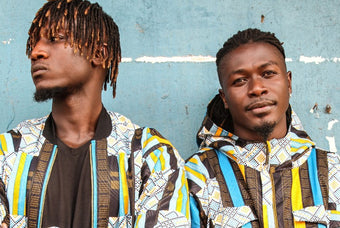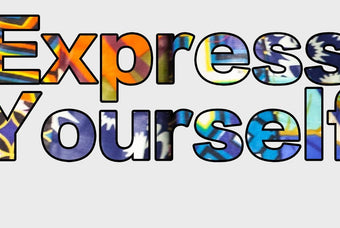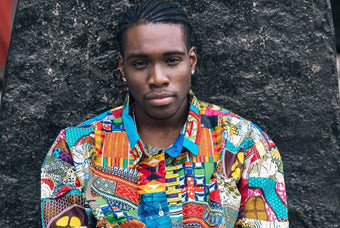Improving the state of the environment is incredibly important. The headlines focus on Climate Change and renewable energies, the potential of a mass extinction, plastic oceans and global tipping points from which reversing climate change may become impossible. I do and we all should be doing any little thing we can to affect change and improve things.
Does everyone care? Do the people in the worlds poorest places, where getting enough money to eat is a daily struggle and putting a roof over their families head is their priority? The answer is probably not. That’s why the big global goals cannot and will not be achieved without grass roots community eco education projects (such as Traidhos barge program in Thailand). People do care about the community they live in, and if pushed will do something about it.
Many counties have had initial positive polices that become littered with flaws like the giant sea of plastic in the Pacific. In The Gambia plastic bags were completely banned, replaced with fabric ones. It was once impossible to find plastic bottles in Gambia, the whole country were instead using refillable glass ones. These policies were reversed and It didn’t take long for the effect to be seen. Streets that were largely free from litter were suddenly filled with plastic. With the limited education Gambians receive, understanding the damaging effect of plastic is difficult.
More recently in Thailand. Plastic bags were banned from the 1st of Jan 2020. It took only 2 weeks for Seven Eleven to start giving them out again. This is completely unacceptable for the country’s largest convenience store (a supposed example for the rest of Thailand) to have fallen so far short.
Organisations are starting to combat this with ingenious solutions and one that we would like to highlight is Waste Aids plastic project. Waste aid in The Gambia does some great things that not only work a steps to improve the environment, but they also empower the local community to do it. Providing locals with jobs, a responsibility and a passion for the state of the local community. They have employed 90 local women to capture waste plastic in the costal town of Gunjur before it reaches the ocean and recycle it into useful products, such as paving tiles.Continent Clothing litter picking
I have been inspired by this and have recently decided to start a Sukuta Trash Hero chapter in The Gambia. Trash Hero is a great initiative that brings communities together to clean and reduce waste. There will be a weekly clean up in different locations in Gambia, details of a Facebook page for anyone interested in Taking Part will be released very soon.
We as a company try to reduce our impact on the environment wherever possible. Some polices we have in place have worked really well like our eco delivery service and our recycling of any waste fabric to create patchwork and jewellery. We can definitely improve in some areas. Currently all of our shipping from Gambia to the UK is done by airfreight, which has a very damaging effect on the environment. We are already actively looking for realistic ways for this to change to sea freight.
We would love to hear about what you do, big or small to help the environment. Anything we love we will share on our social media channels.
You May Also Like













